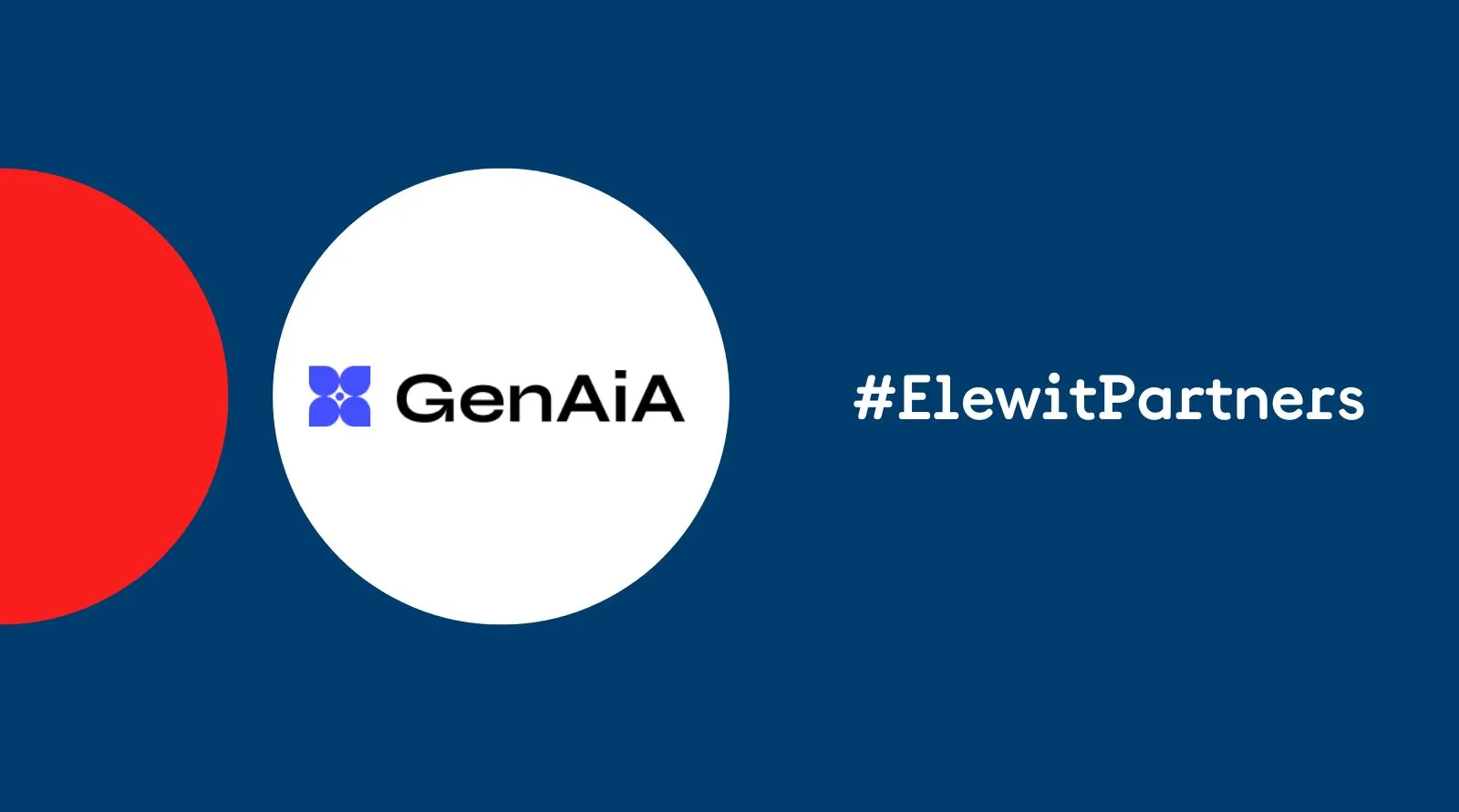
GenAiA is a non-profit organisation founded with the aim of promoting the exchange of knowledge and experience in Artificial Intelligence, particularly in the field of generative AI.
It aims to approach this technology from all three perspectives: technological, social, and commercial, anticipating its impact on society and fostering ethical and responsible use in business environments and public policy formulation.
In this regard, they are positioning themselves as an active centre of AI research, establishing strong ethical standards to steer its development. In this interview, Jose Manuel Ruíz, vice president of GenAiA, reveals the advantages of Generative AI for companies.
- How does GenAiA work with businesses?
At GenAiA, we work through collaboration and co-creation, organising specialised working groups that cover several sectors such as Banking-Fintech, Ethics, Health, and Sports.
We hold regular specific events, including our 'GenAiA Summit', and meetings with top-tier companies like Microsoft, Oracle, and AWS, facilitating companies’ adoption of emerging technologies through guidelines, best practices, and cross-sector collaborations.
- Elewit has just joined the association. What benefits can a company such as Elewit gain from being part of GenAiA?
By joining GenAiA, Elewit has become part of a broad and growing network of specialised knowledge and talent in generative AI, playing an active role in the creation and maintenance of ethical standards, gaining access to advanced knowledge, and being able to anticipate emerging AI trends.
Additionally, if suitable, there is potential for cooperation on strategic projects related to advanced cybersecurity, operational efficiency through generative AI, and contributing to the development of a technological observatory to detect key technological trends.
- What advances could Generative AI contribute to a group like Redeia?
Generative AI might offer Redeia major benefits, such as optimisation of operational processes through advanced predictive maintenance and strategic simulations for planning and managing critical infrastructure, especially in efficiently integrating renewable energy sources.
It may also drive innovations in cybersecurity, advanced automation, personalised staff training, and data-driven strategic decision-making based on complex and accurate data.
- How do you see Generative AI evolving over the next five years?
In the next five years, Generative AI will evolve significantly towards more sophisticated and multimodal models capable of comprehending and generating content in a number of formats (text, images, audio, and video).
The technology will become more accessible and user-friendly for non-technical users, encouraging greater adoption and innovation across multiple sectors.
Furthermore, there will be a deeper integration into daily business processes, with a growing emphasis on ethics, governance, and regulation to ensure responsible and safe use of AI.